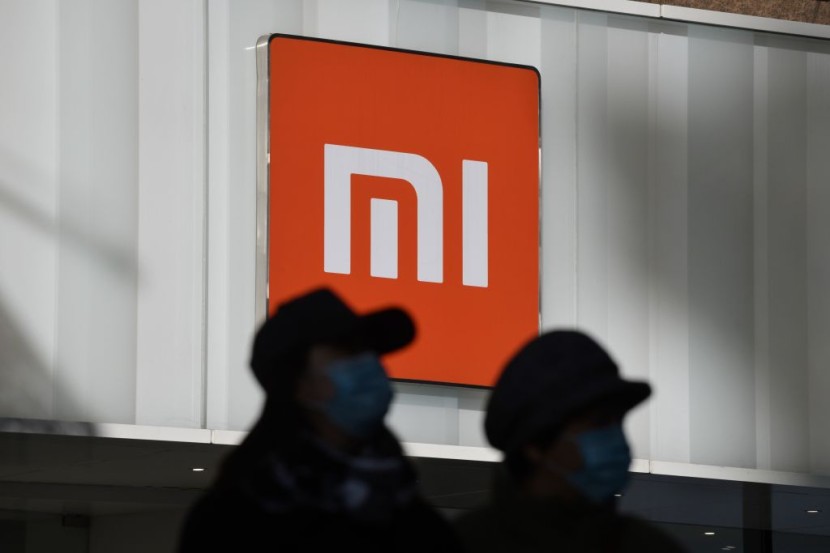During China's popular Singles Day shopping holiday, smartphone and consumer electronics manufacturer Xiaomi reported record sales across all channels.
As of the close of business on November 11, Xiaomi claimed to have made over $3.11 billion from sales on various e-commerce platforms, including Alibaba's Tmall and Taobao, JD.com, Pinduoduo, and Douyin.
For a short time in Hong Kong trading on Monday morning, November 13, Xiaomi shares were up by more than 2%, as reported by CNBC.
After releasing the Xiaomi 14 (Mi14), the firm said it was the best-selling smartphone on Alibaba's Tmall from November 4 to 11. It also boasted of being number one in sales of smartphones made by various Chinese companies on other e-commerce sites.
"Much better-than-expected Mi14 sales [create] earnings accretion and potential valuation re-rating ahead," HSBC analysts said on November 6.
Sales Data From Top Chinese E-Commerce Sites

Alibaba and JD.com, both listed locally, saw their shares lose ground on Monday after opening higher. Once again, the two internet retail titans are keeping their Singles Day sales numbers under wraps.
JD merely said that the number of transactions and orders placed were at all-time highs. Alibaba reported increases in gross merchandise value (GMV), order volume, and the number of participating merchants compared to the same period in the previous year. GMV tracks revenue over time.
JD said Apple goods accounted for more than 10 billion yuan ($1.39 billion) in sales. That is the same number as JD projected for 2021's Singles Day sales. In 2022, it failed to produce a similar amount. JD added that the number of transactions involving Lululemon, a new brand in the Chinese market, increased 260% year over year during the shopping festival.
Alibaba did not provide much information on sales broken down by product or brand throughout the whole shopping extravaganza.
Modern Marketing Techniques Amid Sale Day
Singles Day began as a one-day shopping festival in China ten years ago, but it has now grown into a multi-week period of shopping deals across several online marketplaces.
According to CNBC, Alibaba said their 2022 Singles Day sales aligned with the previous year, which had seen the equivalent of $84.54 billion GMV in sales. This was amid the Covid-19 pandemic.
In China, retail sales have slowed over the last several years due to a lack of clarity about future income. Per a poll conducted by Bain & Company just before this year's shopping festival, 77% of Chinese customers had no intention of increasing their expenditure.
Sales via live streaming and short videos on sites like Alibaba's Taobao and ByteDance's Douyin have continued to rise.
Estimates from analytics firm Syntun and Morningstar senior stock researcher Chelsey Tam put the increase in GMV from livestreaming during the shopping festival this year at 19%.
In a category Syntun labeled "comprehensive e-commerce platforms," Tam stated in the report that Tmall accounted for the majority of sales or 60%. JD took up 28% of the market, while Pinduoduo occupied just 7%.
© 2026 HNGN, All rights reserved. Do not reproduce without permission.







